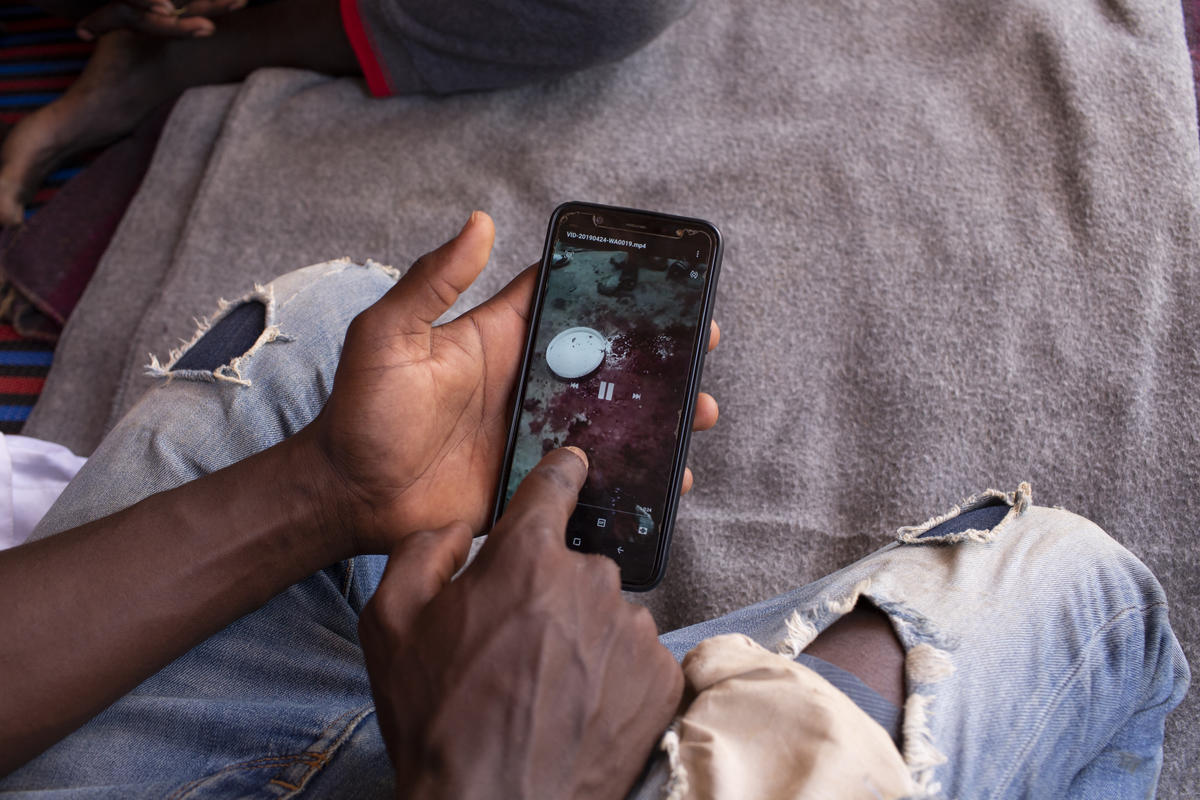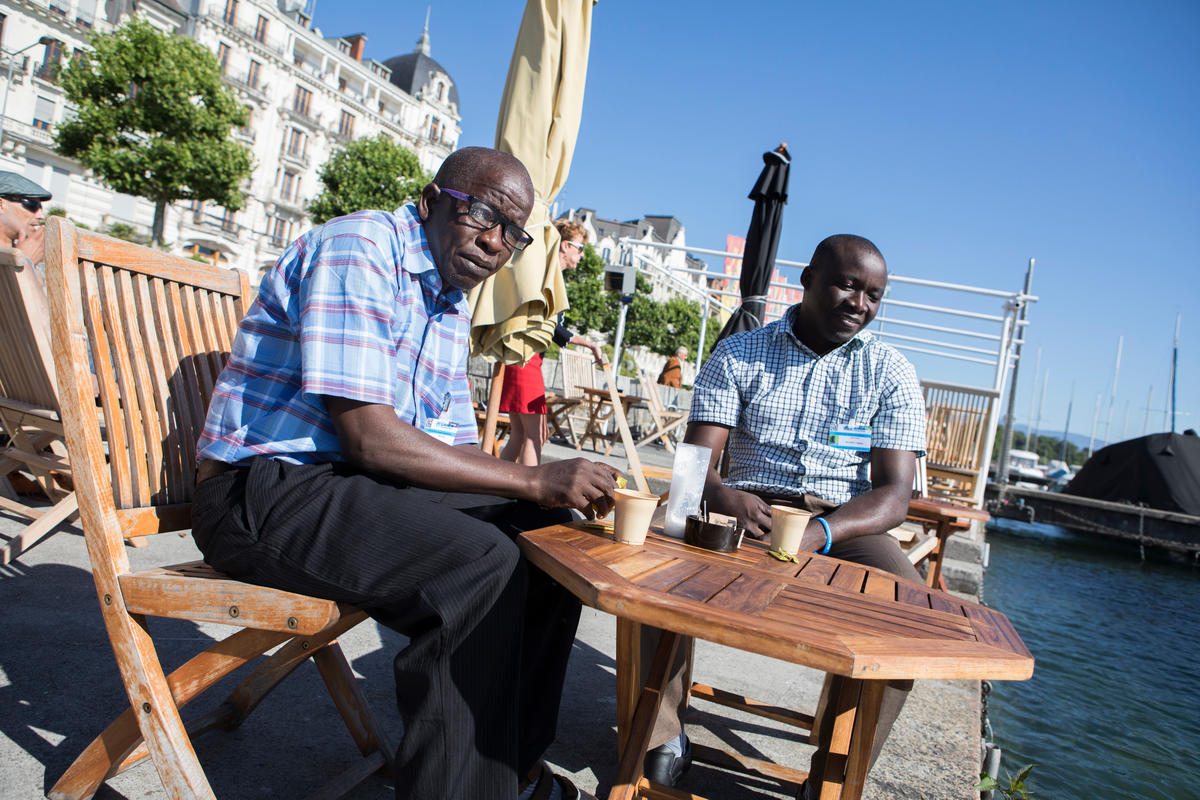Q&A: Meeting the needs of refugees arriving in Yemen by boat
Q&A: Meeting the needs of refugees arriving in Yemen by boat

ADEN, Yemen, October 17 (UNHCR) - UNHCR staff in Yemen must deal every day with the tragedies of people fleeing in flimsy boats across the Gulf of Aden from Somalia. For those who survive the crossing, the UN refugee agency requires extra resources to meet the basic needs of the growing number of arrivals. Myra Sabongi, a UNHCR protection officer in Aden, explained the challenge during a telephone interview with Cairo-based Senior Regional Global Public Information Officer Abeer Etefa. Excerpts:
What is the most difficult part of your job?
The most difficult part of the job is dealing with the new arrivals reaching the Yemeni coast on boats run by smugglers. Although many of the refugees know about the dangers they face, about the high numbers of deaths and about the abuse suffered by others at the hands of the smugglers, they still choose to make the perilous sea journey to Yemen. When I ask them why they decided to make the crossing, they reply: "I am dead either way; maybe if I survive the boat trip then I will have a one percent chance to live."
What are the main needs of the refugees arriving in Yemen?
Refugees have basic needs such as food, education, health care and livelihood opportunities. They also need legal protection to ensure that their basic human rights are honoured. For that to happen, we need to help Yemen develop national refugee legislation that will allow it to meet its obligations in refugee protection.
Are you able to fulfil these needs?
We are better today at addressing some of the most basic needs than a few years ago. The operation received extra funding last year that has allowed us to expand some programmes, such as an additional reception centre in Ahwar and response to the new arrivals from the Red Sea, self-reliance for refugees, and to start new projects to ensure protection of the people with special needs, especially in areas like sexual and gender-based violence. However, the needs are still great.
What can UNHCR do and what are the limitations?
UNHCR still has a long way to go. We need to continue to develop programmes to ensure that the basic needs are addressed and to work more to empower refugees. We also need to continue to enhance our partnership with the government and work to build their capacity to address the protection needs of refugees.
There are a number of limitations to our work. The biggest problem is that the resources, while growing, are still not enough to address the needs on a daily basis - especially with the growing number of arrivals. Also, the refugee situation has become a protracted one, with limited resettlement opportunities and no option for local integration. Yemen faces growing needs from its own citizens as well as some serious security concerns. It needs the help of the international community if we want Yemen to continue coping with this burden and maintain its generous policy towards refugees.
How do you feel when you cannot meet all the needs?
It is very hard for me to see the difficult and harsh life that many refugees in Yemen face, especially knowing the difficulties, abuse and other forms of persecution that they faced in their home country and which forced them to risk their lives to reach Yemen. It is especially difficult to see people in limbo. They cannot go back to war-torn Somalia, but they also can't continue to live in Yemen without a future.









